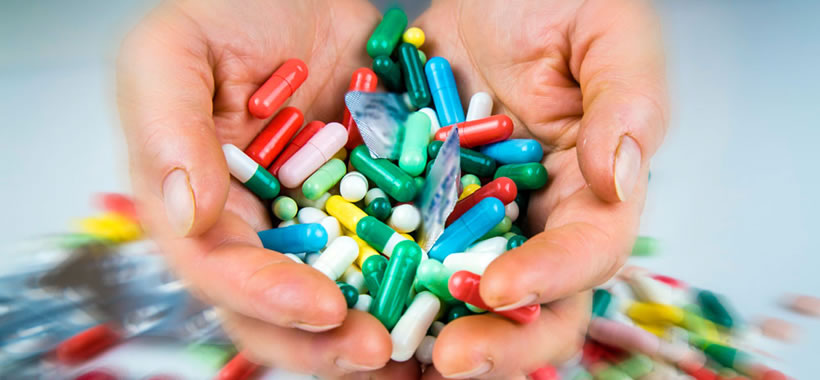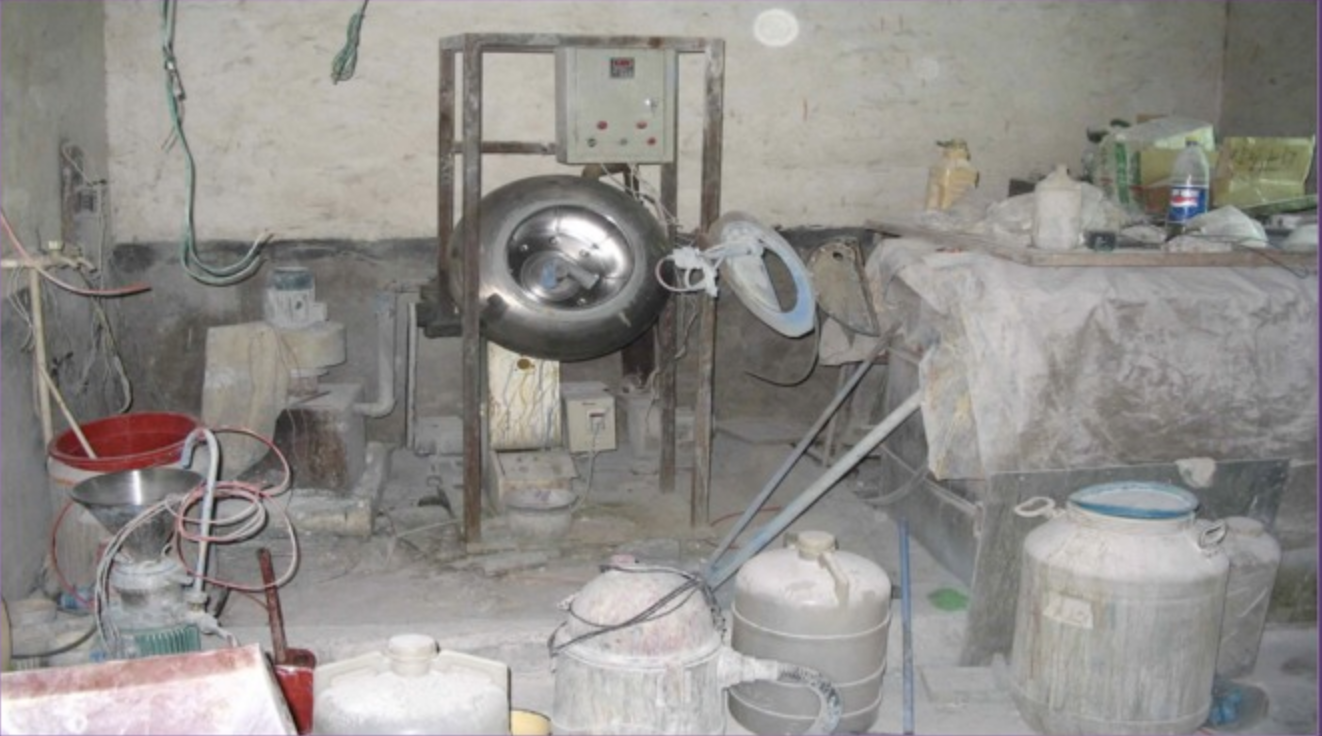. id=”cols2″][cws-widget type=text title=””]
Counterfeit Medications
Counterfeiting is no longer limited to money and commercial fashion products, it has extended into the field of medicine and includes not only medications but also immunizations and medical devices such as spinal implants, rods and cages.
A “counterfeit” is:
– An unauthorized copy
– Not produced by the stated manufacturer or produced by unauthorized contractors;
– An off-specification, defective, or used product sold as “new” or working; or
– Has incorrect or false markings and/or documentation.
– Not conforming to the original manufacturer’s design, model, and/or performance standards.
Generally, counterfeit products may include products with the correct ingredients or with the wrong ingredients, without active ingredients, with incorrect quantities of active ingredients or with fake packaging.
Key to Links:
Grey text – handout
Red text – another page on this website
Blue text – Journal publication
“Be a lamp to yourself. Hold on to the truth within yourself as to the only truth.” ~ Buddha
.
Overview
While it is estimated that up to 7% of all products traded on the global market are counterfeit, 8% of the medical devices in circulation are thought to be counterfeit. In 2012, the pharmaceutical industry is believed to have had $430 billion in counterfeit sales worldwide. The true extent of counterfeit medications is unknown.
There is no such thing as a “good quality” counterfeit drug – they are invariably inferior in either quality or quantity when compared to the real product and usually contaminated with other potentially toxic ingredients. Counterfeiting is not just a “brand” issue: generics are actually more extensively counterfeited. The origin of counterfeit drugs may be domestic or international and they may be sourced to reputable pharmacies, web sites online as well as illicit street sales.
Counterfeit Pain Medications
Experience at Accurate Clinic
When asked about why he tested positive for fentanyl on a urine drug screen (UDS) in January 2019, a patient acknowledged purchasing 3 “Percocet-10” tablets locally from an “acquaintance.” He provided one of these “Percocet-10” tablets for us for laboratory testing which revealed the tablet to be indistinguishable in appearance from a common generic oxycodone/acetaminophen 10/325 in color and embossings. Gas chromatography testing revealed the tablet to be 100% fentanyl.
Another patient after testing positive on a UDS for fentanyl in September, 2018 reported his only medication use outside of his usual prescription medications was CBD he purchased in Ponchatoula, MS. He provided a business receipt for his purchase and it was subsequently corroborated that the DEA confirmed that this business was selling fentanyl-tainted CBD.
Finally, another patient recently reported purchasing a half dozen “Opana-10” tablets on the internet. He indicated that the tablets were delivered to his home by individuals identifying themselves as local DEA agents who subsequently arrested the patient and revealed the “Opana-10” tablets as containing “heroin.”
Experience Nationwide
Scattered reports of counterfeit pain medications including Norco and oxycodone have been published in Canada and the United States over the past few years. An “outbreak” of illicit Norco was reported in Northern California, including San Francisco and Sacramento. Analysis of a counterfeit Norco tablet revealed that it contained 3.5 mg of fentanyl, 2.3 mg of promethazine, 39.2 mg of acetaminophen, and trace amounts of cocaine.
Laboratory testing of counterfeit oxycodone tablets (different brands, sizes and colours) were most often found to contain fentanyl (89% of the time). Less frequently, counterfeit oxycodone tablets have also been found to contain alprazolam (Xanax), clonazepine (Klonopin) and/or ketamine (an anesthetic).
As a consequence of counterfeit medications, especially those laced with fentanyl, there has been an alarming increase in unintentional opioid overdose deaths. While these deaths are mostly related to heroin contaminated with fentanyl, counterfeit prescription pain medications have also been contributory.
Other Counterfeit Medications
In addition to opioids, other counterfeit medications including Xanax and Adderall have been identified. However, not just medications that may be potentially abused have been counterfeited. Immunizations, anti-cancer drugs, Botox, Viagra, cholesterol medications – have all been reported to be counterfeited.
Illicit Drugs
Illicit drugs have historically been known to be contaminated with adulterants to “stretch” a source drug to extend sales including talc and other “inert” ingredients. However, technology has now made the manufacturing of drugs such as fentanyl cheaper than heroin or oxycodone, allowing fentanyl to be introduced as a substitute. Because fentanyl is very potent, up to 100 times more potent than morphine, it has led to steeply rising numbers of overdose deaths throughout the country, including Louisiana.
Facility producing counterfeit drugs
Recommendations
Obviously, it is recommended to never purchase medications from anywhere but a reputable pharmacy. Street-source medications are clearly high risk as are many on-line pharmacies. Unfortunately, even reputable sources including well-known pharmacies may still be at risk. If you find that a new brnnd of your usual medication does not seem to provide the same response or benefit, notify your pharmacist.
- Do not be afraid to ask your pharmacist how they can be sure, without a doubt, that the product or medicine you are buying/prescribing is authentic.
- Ask if they have implemented anticounterfeiting and authentication technologies.
- It is not inappropriate for you to demand that your pharmacy take ownership and accountability for their obligation to deliver products that are genuine.
References:
Counterfeit Medications – Overview
- Is-that-medicine-real-or-counterfeit-2016
- Counterfeit Drug Penetration into Global Legitimate Medicine Supply Chains – A Global Assessment – 2015
- The Real Impact of Counterfeit Medications
- Counterfeit Pharmacies – Innovations-August-2017
Counterfeit Medications – Louisiana
Counterfeit Medications – Fentanyl
Counterfeit Medications – Norco (Hydrocodone)
Counterfeit Medications – Oxycodone
Emphasis on Education
Accurate Clinic promotes patient education as the foundation of it’s medical care. In Dr. Ehlenberger’s integrative approach to patient care, including conventional and complementary and alternative medical (CAM) treatments, he may encourage or provide advice about the use of supplements. However, the specifics of choice of supplement, dosing and duration of treatment should be individualized through discussion with Dr. Ehlenberger. The following information and reference articles are presented to provide the reader with some of the latest research to facilitate evidence-based, informed decisions regarding the use of conventional as well as CAM treatments.
For medical-legal reasons, access to these links is limited to patients enrolled in an Accurate Clinic medical program.
Should you wish more information regarding any of the subjects listed – or not listed – here, please contact Dr. Ehlenberger. He has literally thousands of published articles to share on hundreds of topics associated with pain management, weight loss, nutrition, addiction recovery and emergency medicine. It would take years for you to read them, as it did him.
For more information, please contact Accurate Clinic.
Supplements recommended by Dr. Ehlenberger may be purchased commercially online or at Accurate Clinic.
Please read about our statement regarding the sale of products recommended by Dr. Ehlenberger.
Accurate Supplement Prices
.


